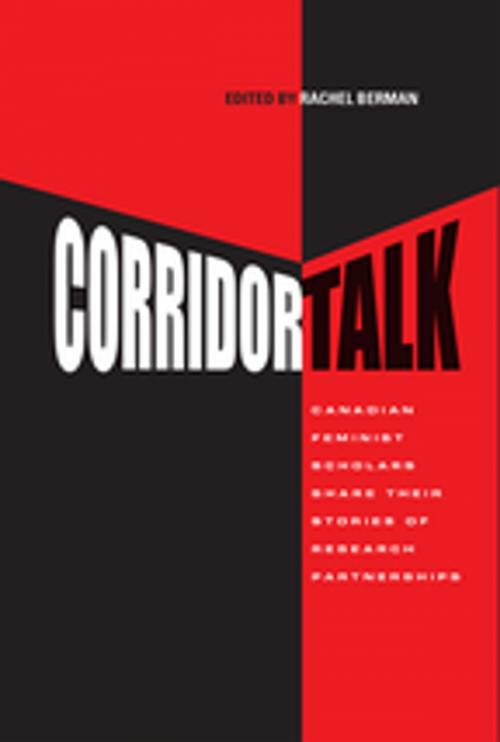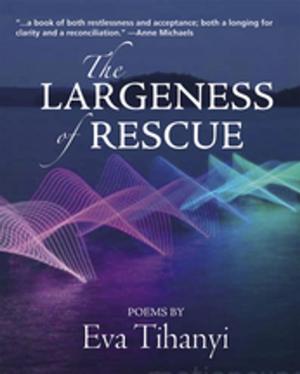Corridor Talk
Canadian Feminist Scholars Share Stories of Research Partnerships
Nonfiction, Social & Cultural Studies, Social Science, Methodology, Gender Studies, Women&| Author: | ISBN: | 9781926708713 | |
| Publisher: | Inanna Publications | Publication: | October 15, 2013 |
| Imprint: | Inanna Publications | Language: | English |
| Author: | |
| ISBN: | 9781926708713 |
| Publisher: | Inanna Publications |
| Publication: | October 15, 2013 |
| Imprint: | Inanna Publications |
| Language: | English |
In this collection, the authors illuminate the struggles and the successes encountered in the research partnership process. The authors come from a variety of disciplines, are at various stages of their academic careers, may or may not be part of the academy, adopt a variety of feminist lenses, have a range of research partners, and focus on a range of research topics. However, in keeping with feminist research that highlights “putting the self back into science,” all chapters share a focus on reflexivity, and in particular explore the impact of the research partnership process on the researcher. This “corridor talk,” often inaccessible and considered unimportant, is put at the centre of this feminist collection. Insights and lessons learned are shared, unsolved dilemmas are presented, and recommendations are made. In the first part of this book, the authors explore the challenges and benefits of engaging in research partnerships between university and community members. The contributions in the second part of the book include a broader definition of partnership, where partners include research participants. Not surprisingly, the emotional component of the research partnership process is often front and centre in all of these discussions, and the role of emotions in the research process is the focus of the first chapter in the collection. This is a book that upper year students, and novice and seasoned researchers will find useful.
In this collection, the authors illuminate the struggles and the successes encountered in the research partnership process. The authors come from a variety of disciplines, are at various stages of their academic careers, may or may not be part of the academy, adopt a variety of feminist lenses, have a range of research partners, and focus on a range of research topics. However, in keeping with feminist research that highlights “putting the self back into science,” all chapters share a focus on reflexivity, and in particular explore the impact of the research partnership process on the researcher. This “corridor talk,” often inaccessible and considered unimportant, is put at the centre of this feminist collection. Insights and lessons learned are shared, unsolved dilemmas are presented, and recommendations are made. In the first part of this book, the authors explore the challenges and benefits of engaging in research partnerships between university and community members. The contributions in the second part of the book include a broader definition of partnership, where partners include research participants. Not surprisingly, the emotional component of the research partnership process is often front and centre in all of these discussions, and the role of emotions in the research process is the focus of the first chapter in the collection. This is a book that upper year students, and novice and seasoned researchers will find useful.















